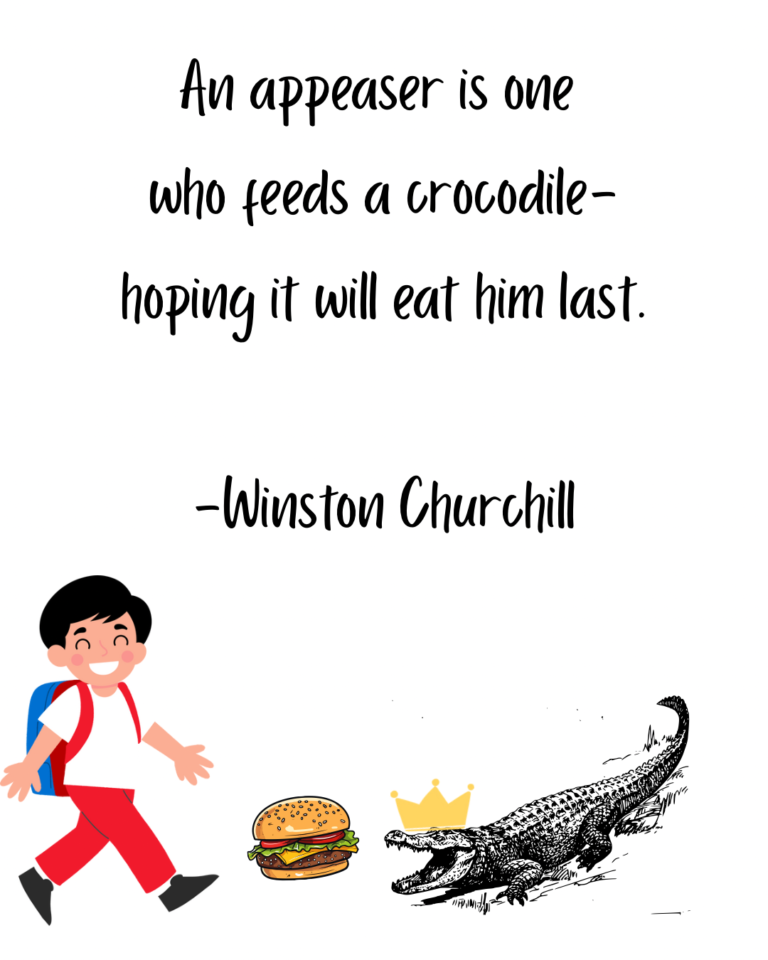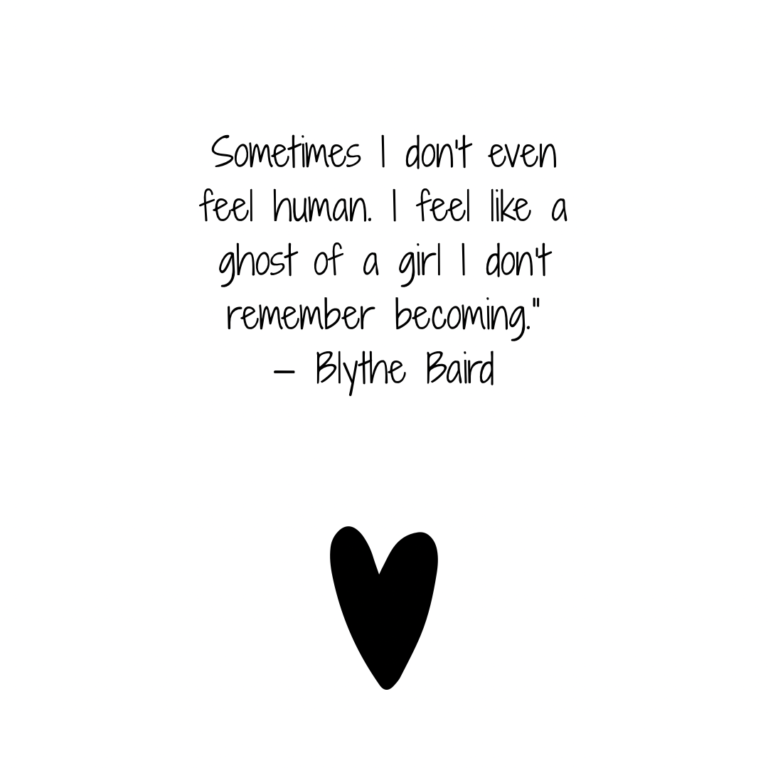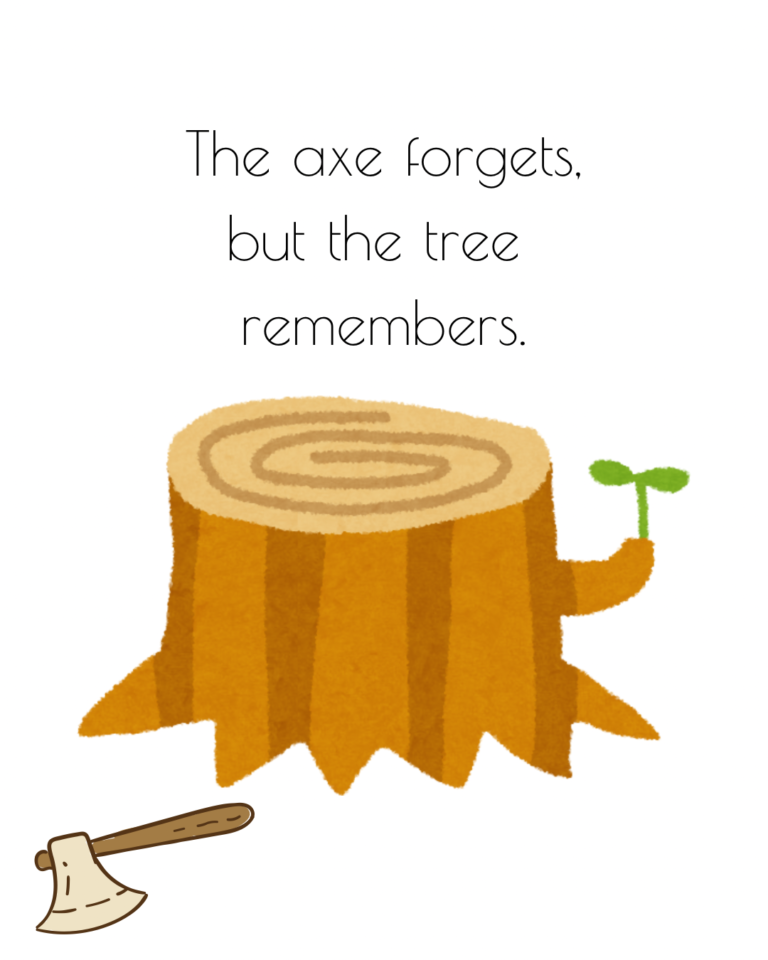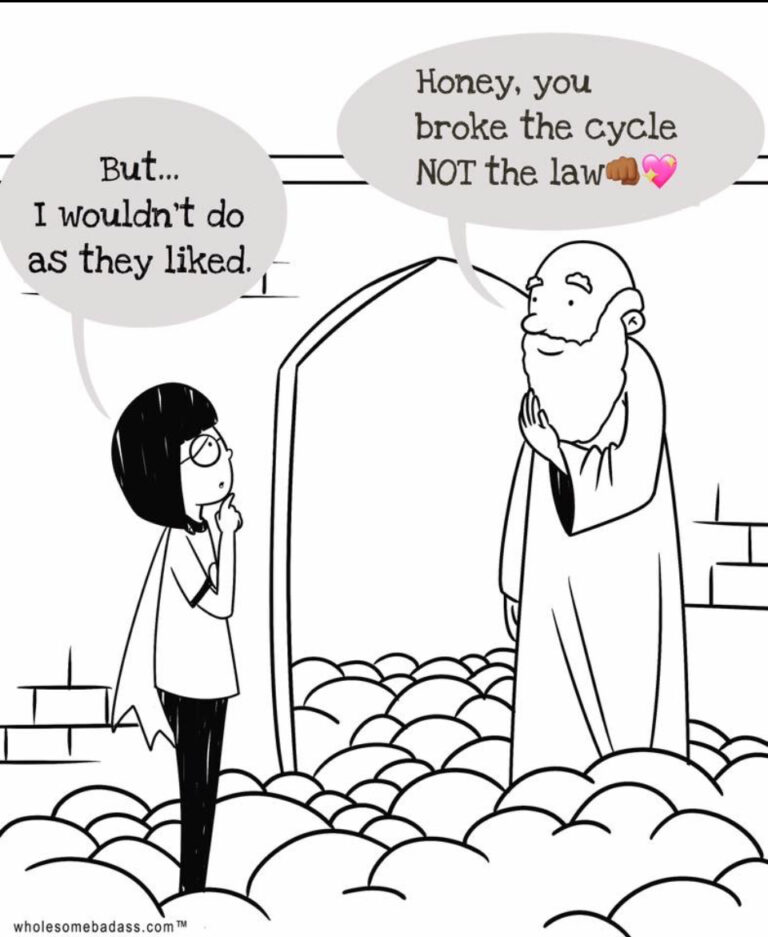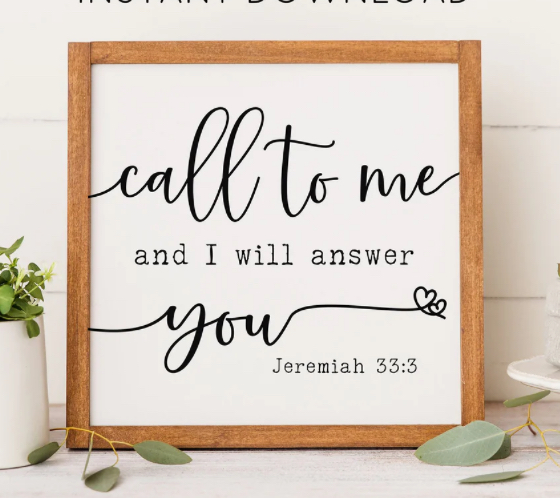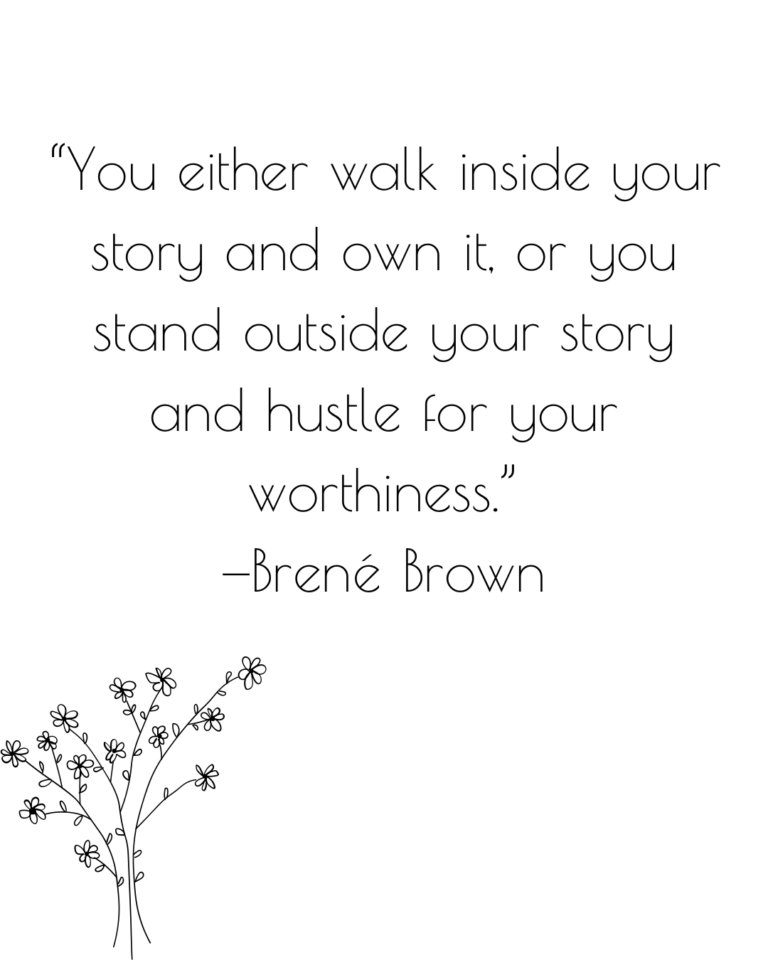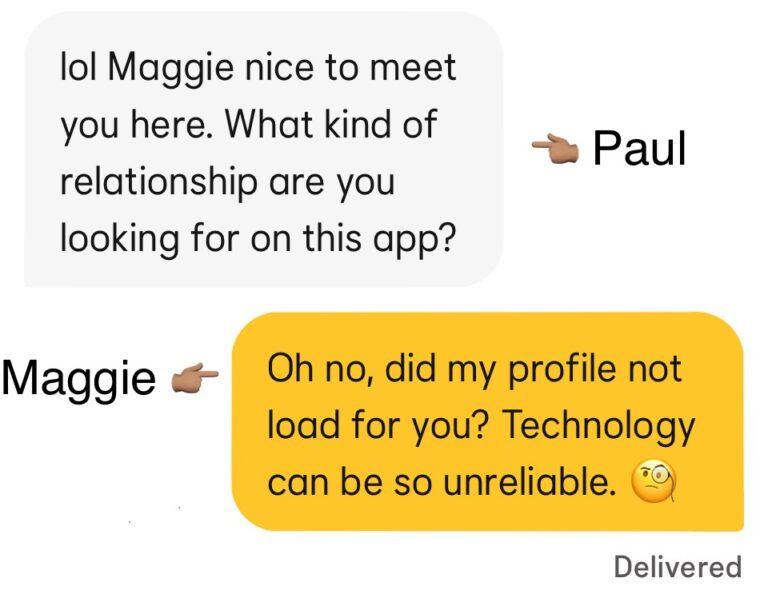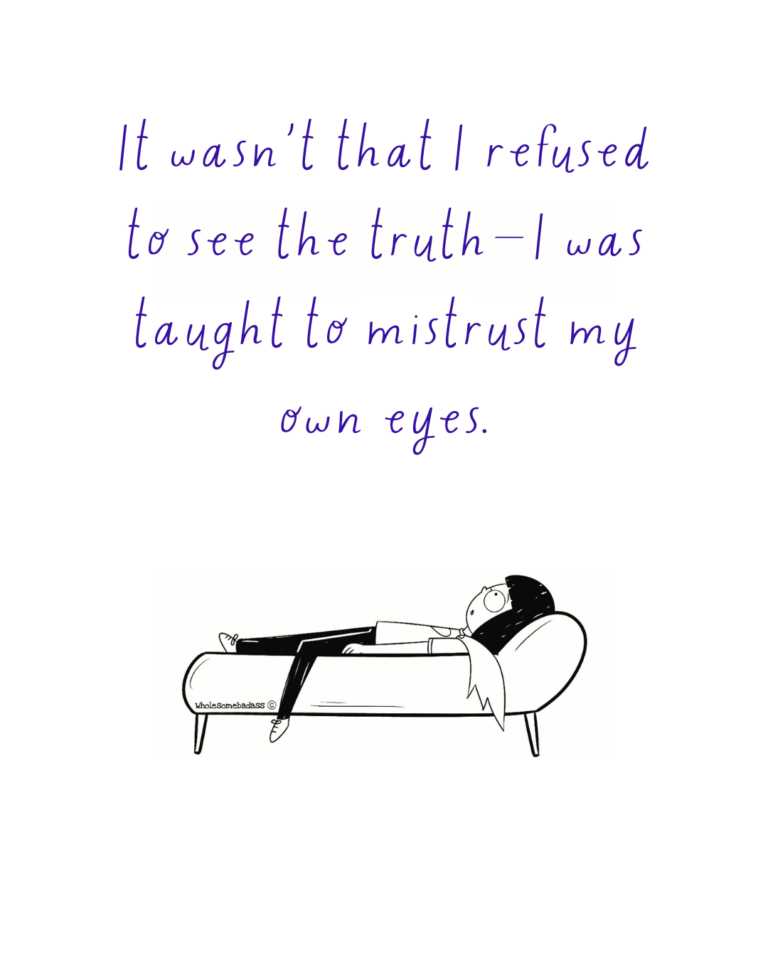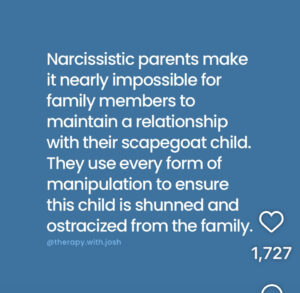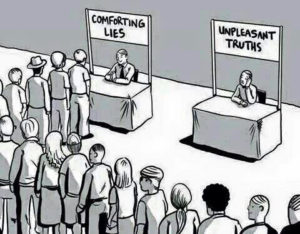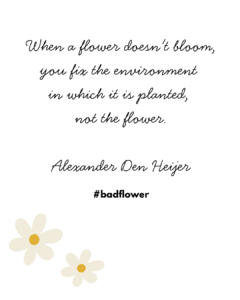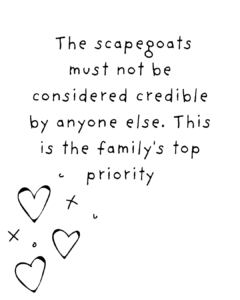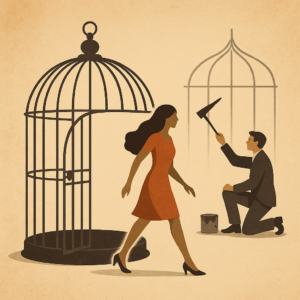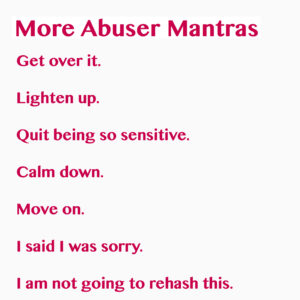My boys left me
They used to count on me. Laugh with me. Play with me. They would instinctively curl up next to me and hug me and kiss me and still want to sleep in my bed — even when they were “too old” for that. We read books. We watched TV. We played, we drew, we built and caught things — we did nothing and everything together and it was precious,sacred. I was fiercely protective. Loyal. Present.
The Lens That Changed Everything
The only thing that changed was the lens. The lens with which they were taught to see me. And it shifted almost overnight. The rich connection we had, after surviving so much, after enduring together — it was strategically compromised. I would say beyond repair.
The Move That Broke Us
I’m angry that I exposed them to my family. We were safer before. We would’ve been better off staying in California. But I took the risk. I moved to North Carolina because my mother was ill, and I wanted to show up, share my children, be of service—and I didn’t have the means to fly back and forth indefinitely. I worked remotely, and moving made sense. I connected their dad and my family because I had foolish hope that healing was possible. That we could become a family in healing. That things could and would get better.
Though, I had no reason to believe that — after attempted therapy with each of them, where they dedicated all energy to showing the therapist all that was wrong with me rather than opting for self-reflection and prioritizing healing and connection.
The Trap Was Set
But I walked my sons right into THE trap.
Their dad and my sister had no relationship during my marriage — we were across the country. But after the divorce — a traumatic, litigious, violent divorce — I introduced them. And they bonded immediately in the shadows, over a shared contempt for me. Over a mutual frustration that I wouldn’t bend to them. That I dared to say “no,” or “I’m tired,” or “that doesn’t work for me.”
Both he and my sister hated when my mother helped me — especially when their dad would put me in financial crisis and my mom would step in, lessening his impact. My sister likely felt my mother’s wealth was to be hers, and my mother’s support shrunk the pot. The boys’ father and my sister had a shared investment in separating me from my mom, and punishing me — for refusing to kiss the ring, revere, submit. For boldly and directly expressing boundaries, concerns, needs, limits, preferences, pain. My mother, sibling and their dad regularly expressed something like poorly masked rage each time I elected to prioritized my sons over them. They labelled that as aggressive and controlling. Not just parenting.
And they handed that lens to my boys.
Rewriting the Story of Love
Now if I make a request, if I set a limit, if I correct or direct — my sons perceive my parental correction and direction through that frame.
It is a devastating thing to watch the greatest thing I ever did — loving my children fiercely and protectively, in ways never modelled for me and therefore miraculous — be attacked and erased. To have that not only not remembered, but rewritten into something sinister. To have people in our lives who are rooting for the breakdown of my relationship with my sons—because for that to happen affirms something for them, their rightness about my wrongness—is deeply painful. But it’s not enough for them to punish me; they also work to erase me. And this is not new.
And my boys pay the price. But nobody is paying it more than me.
Not Just Teenagers
I am sad all the time. Exhausted from trying — uphill each day with nothing to hold onto. I have run out of ways to show them I love them. And to be honest — they don’t care. Not anymore. People try to say, “Oh, it’s just typical teenagers.” But it’s not. It’s not just that. It’s indoctrination. It’s alienation. It’s coercion dressed up as concern. And I was powerless to stop it.
The Birthday and the Break
They planned my son’s birthday party without me. It all started around my niece’s graduation — I wasn’t given enough notice, and I had plans that night. I offered to get my boys to the ceremony, an Uber, anything. I finally agreed to let their dad take them. That night was the turning point. The boys were engaging in activity which disregarded and betrayed me and them at the highest level.
The Perfect Villain Edit
And here’s the thing: the story they’ve told is so clean. So believable. Because the people who hurt me the most are postured and emotionally stoic and upright. And I’m not. I’m messy. I’m emotional. I cry. I react. I say too much. I’ve been gaslit and smeared my whole life — so of course I look unstable. Well, also, this is some destabilizing shit.
The Gaslight Playbook
They stripped me of credibility in the most insidious ways. Quietly. Strategically. So now when I share my experience, it could be labelled as the rambling of someone paranoid and delusional. And I cant help but question myself: how could everybody feel this way and it not be true?
But that’s the design.
That’s the power of plausible deniability.
They would never admit what they’ve done. They’ll say they were just trying to “keep the peace,” just making sure my mom had a relationship with her grandsons. That’s all. And if I had a problem with it — well, that was mine to deal with.
They say if there was tension, I “spoke it into existence.”
If I got upset, it was proof I was unstable.
If I drew a boundary, it was “abuse.”
If I reached a breaking point, it was “evidence” I was unfit.
And still, I was the one asking begging:
Can we please heal this? Can we fix this? Can we find our way back? Please.
I wasn’t trying to sever ties. I was trying to save them. And I was punished for that. Banished. Because they weren’t interested in healing. They wanted control. They wanted to be revered — not questioned, not challenged, not held accountable.
Clean Hands, Cold Exile
This is how people erase you with clean hands.
This is how they exile you and get praised.
And now I feel like a madwoman, telling a story no one believes, because I don’t have the words or the polish or the social capital to make it sound palatable.
But it’s the truth. And I’m done apologizing for it sounding messy.
Still Here
I am devastated.
I am furious.
I am tired.
And I am still here.
Because no matter what they say, no matter how they frame me, I know who I have been to my children.
And I know what has been stolen.
And I will not stop speaking my truth about it.
This is my lived experience. I’m not claiming universal truth — just my truth. It may be uncomfortable to consider. It is uncomfortable to live. And I’m writing it as honestly as I can, because that’s how I process, and maybe how I might heal. The cycle that begs to continue. In ways big and small, it persists.


